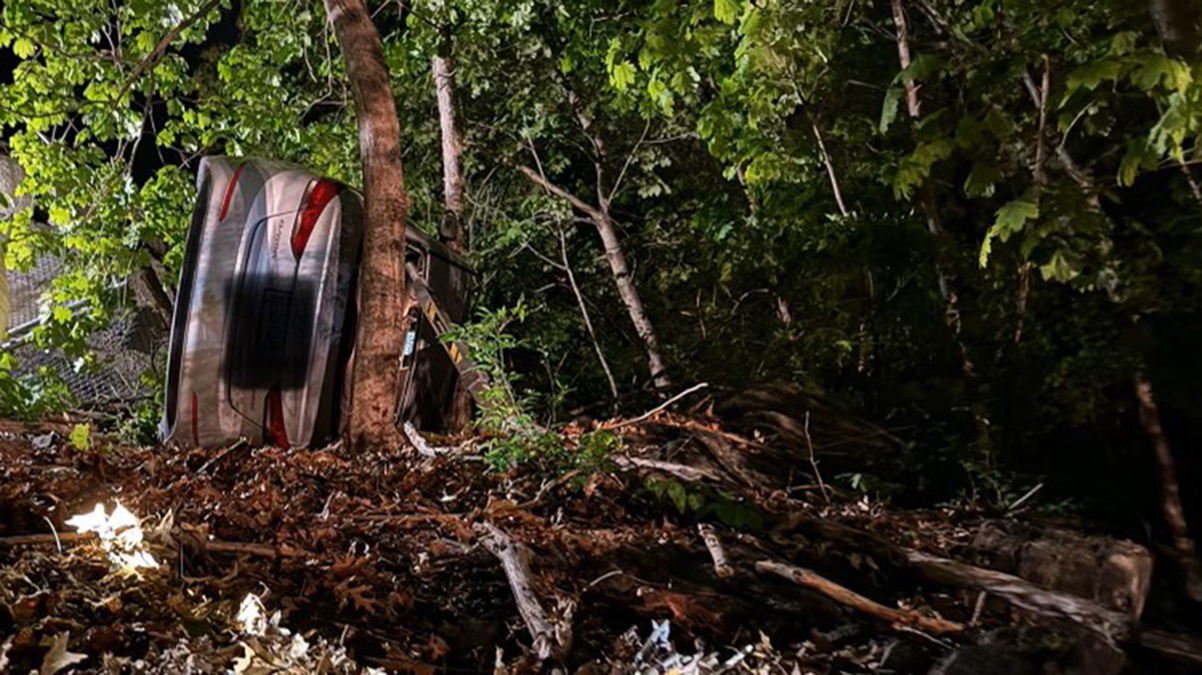A new and more contagious strain of the coronavirus is been detected in Colorado and California this week. Health experts in Connecticut believe it is not a matter of if – but when – the variants of the virus will arrive in other states.
"There is evidence of mutation in the coronavirus,” said Dr. David Banach, epidemiologist and infectious disease doctor at UConn Health. He said he and other medical experts are being vigilant for the emergence of the virus variant.
"We definitely need to be attentive to this new strain,” Banach said. “I think what's important is that we develop the systems needed to identify it."
Scientists in the United Kingdom, where the first variant case was discovered, have been using technology to analyze testing samples to spot the new strain. The U.S. has the capability to conduct that testing as well. However, Banach believes this country needs to build up that infrastructure to better find the variants.
"We don't know the full implications yet and if COVID has taught us anything, it's that we have to be humble with what we know and what we don't know and what we'll be learning in the coming months,” said Banach.
The new strain has been confirmed in a member of the Colorado National Guard who had been deployed to an assisted care facility. Health officials in that state were investigating another possible case as well.
Local
“It’s probably here right now,” said Gov. Ned Lamont on Monday. “It’s probably here in Connecticut right now.” Other state health leaders have expressed the same sentiment.
"It's not a surprise. We expect viruses to mutate over time," said Howard Forman, professor of Public Health and Management at Yale University. "As of now, we think this is more infectious but it's unlikely to be more virulent.”
Forman is referring to the findings that the new strain spreads from person to person faster, but that the symptoms are no more severe. Even with vaccines now going into arms, Forman said this is still a critical time.
"It is incumbent upon all of us that our commitment is not just to vaccination, but to reducing current spread,” Forman said.
"It doesn't seem to be causing people to be more sick, more likely to require hospitalization, more likely to die from the infection,” Banach said.
“I think the same protective measures are really critical and potentially even more critical, especially if we have a strain that's more transmissible,” said Banach.
Chief among those protective measures is keeping distance between you and others, avoiding gatherings, practicing good hand hygiene and, most importantly, wearing a mask.



